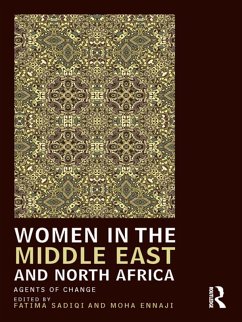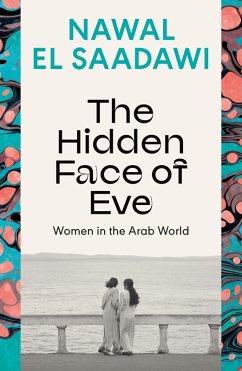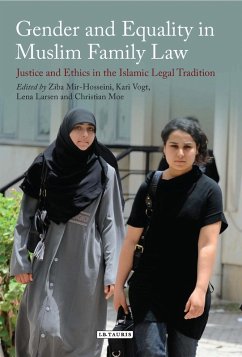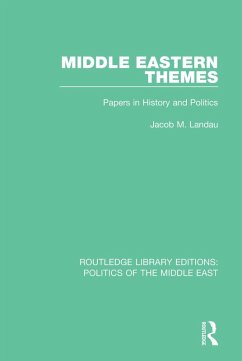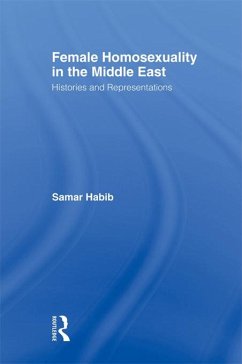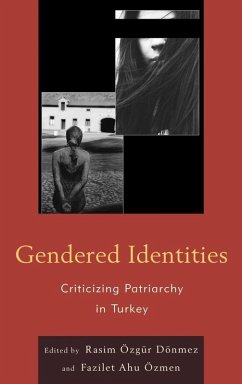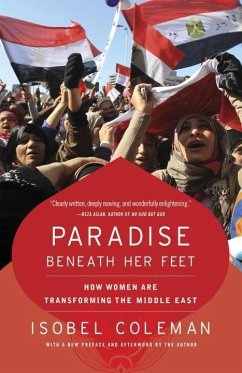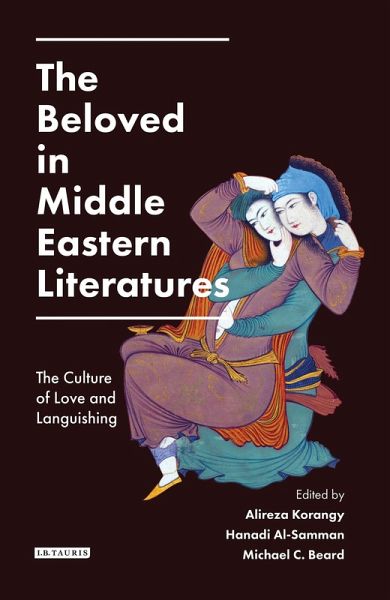
The Beloved in Middle Eastern Literatures (eBook, ePUB)
The Culture of Love and Languishing
Redaktion: Korangy, Alireza; Beard, Michael; Al-Samman, Hanadi
Versandkostenfrei!
Sofort per Download lieferbar
100,95 €
inkl. MwSt.
Weitere Ausgaben:

PAYBACK Punkte
50 °P sammeln!
In the long literary history of the Middle East, the notion of 'the beloved' has been a central trope in both the poetry and prose of the region. This book explores the concept of the beloved in a cross-cultural and interdisciplinary manner, revealing how shared ideas on the subject supersede geographical and temporal boundaries, and ideas of nationhood. The book considers the beloved in its classical, modern and postmodern manifestations, taking into account the different sexual orientations and forms of desire expressed. From the pre-Islamic 'Udhri (romantic unrequited love), to the erotic s...
In the long literary history of the Middle East, the notion of 'the beloved' has been a central trope in both the poetry and prose of the region. This book explores the concept of the beloved in a cross-cultural and interdisciplinary manner, revealing how shared ideas on the subject supersede geographical and temporal boundaries, and ideas of nationhood. The book considers the beloved in its classical, modern and postmodern manifestations, taking into account the different sexual orientations and forms of desire expressed. From the pre-Islamic 'Udhri (romantic unrequited love), to the erotic same-sex love in thirteenth century poetry and prose, the divine Sufi reflections on the topic, and post-revolutionary love encounters in Iran, Egypt and Saudi Arabia, The Beloved in Middle Eastern Literatures connects the affective and cultural with the political and the obscene. In focusing on the diverse manifestations of love and tropes of the lover/beloved binary, this book is unique in foregrounding what is often regarded as a 'taboo subject' in the region. The multi-faceted outlook reveals the variety of philological, philosophical, poetic and literary forms that treat this significant motif.




